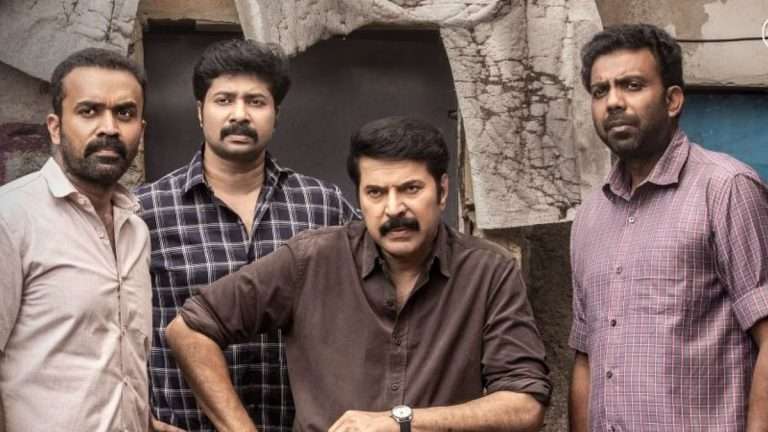“The Wedding Banquet” may not be the first—or second, or fifth—Ang Lee film that comes to mind upon mention of the Taiwanese legend’s name, but it’s certainly a significant one in his artistic journey. It was Lee’s first Oscar-nominated film, the first of two Lee films to win the Golden Bear at the Berlin Film Festival (making him, to date, the only director to achieve this dual feat), and also the first of his films to release theatrically in the United States.
This last point is pertinent because “The Wedding Banquet,” as the middle film in Lee’s “Father Knows Best” trilogy, is fundamentally tied to the cultural friction experienced by a Taiwanese-American reckoning with familial duty in a space that feels more like home than his homeland ever did. What may then seem sacrilegious—an American remake—is perhaps the ideal platform upon which to develop Lee’s blueprint for the modern day, if such a proposition should inevitably come to pass.
Well, the time has come, and some 32 years down the line, it’s Los Angeles-born filmmaker Andrew Ahn’s turn to build upon what Lee has left him. Of course, Ahn is not alone, here accompanied by Lee’s original co-writer (and frequent partner in crime) James Schamus to re-envision “The Wedding Banquet” for a moment perhaps better-suited to the diversity of personal and social challenges facing the LGBTQ+ community—a time when more attention doesn’t necessarily equate to an easier existence.
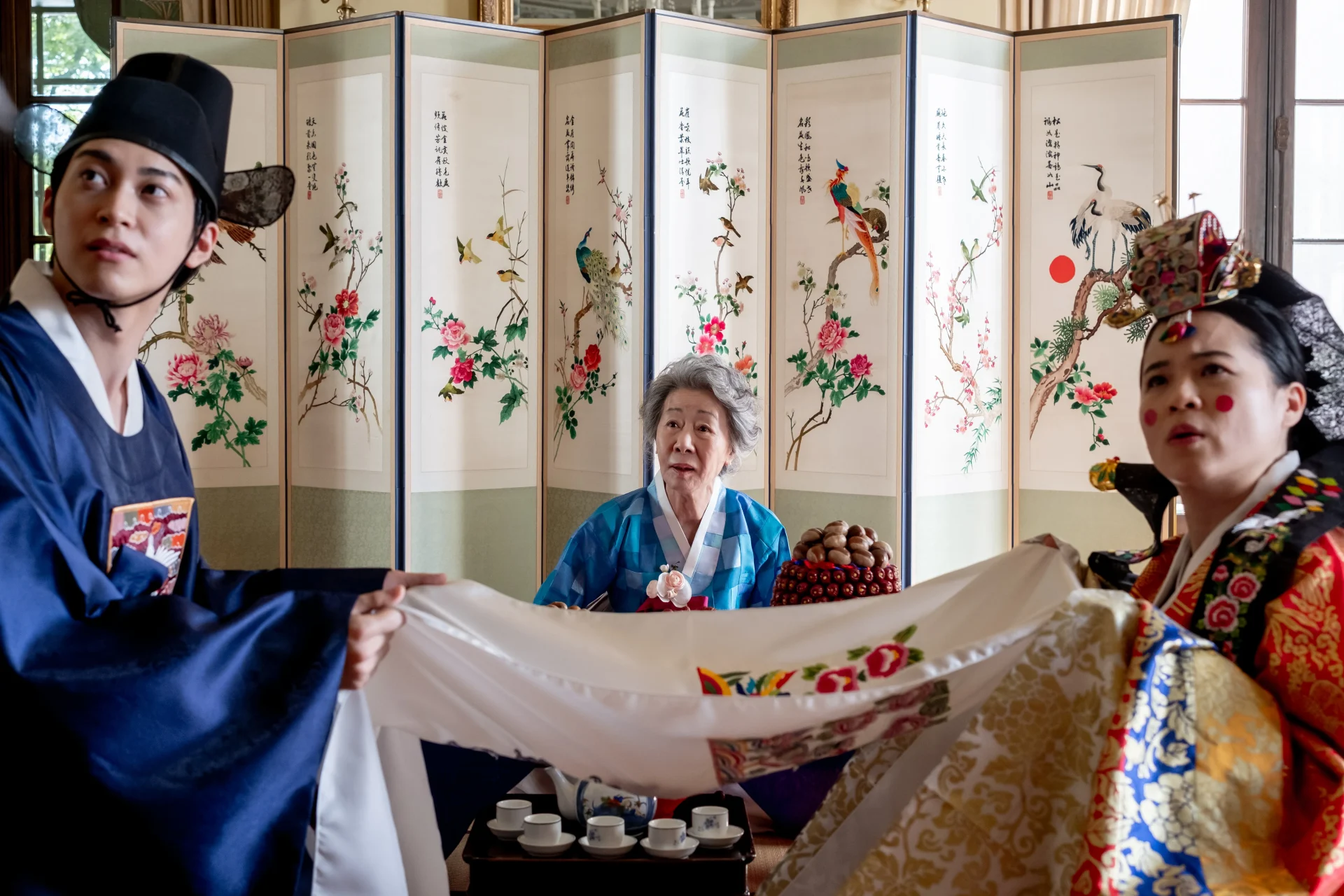
As with its originator, “The Wedding Banquet” revolves around the titular sham ceremony at its center, here invoked by Min (Han Gi-chan), a Korean immigrant of sizeable familial means in a loving (if complicated) relationship with his boyfriend Chris (Bowen Yang) of five years. Living together in Seattle (played, as ever, by an inconspicuous Vancouver), the couple has made their tumultuous relationship work out of the garage of their friends’ home; those friends constitute another complicated same-sex pairing, this one between Angela (Kelly Marie Tran) and Lee (Lily Gladstone). More than anything, Angela and Lee want to have a child, even if the former’s overeager, queer-supportive mother (Joan Chen) leaves her hesitant about what kind of mother she’d grow to be.
When Angela and Lee fail, for the second time, to get pregnant via IVF, their tragedy comes at the same moment as Min’s own troubles; his grandmother Ja-Young (Youn Yuh-jung) is threatening to send him back to South Korea to run the family-owned company. It’s at this moment that the group hatches a scheme to get Ja-Young off Min’s back while simultaneously helping out friends in need: if Angela and Min go through with a sham marriage, Min will pay for his friends’ expensive retry for an assisted pregnancy. All seems to work out according to plan until Ja-Young flies in unannounced to meet the bride.
Already, Ahn and Schamus have added further layers to the original film by literally doubling the number of same-sex couples caught up in this scam. But bigger doesn’t necessarily mean better, and “The Wedding Banquet” could very well have risked becoming a bloated, overly quirky comedy destined to be cast into the endless sea of forgotten features of the streaming era. Those with such worries, however, remain unfamiliar with Ahn’s game…
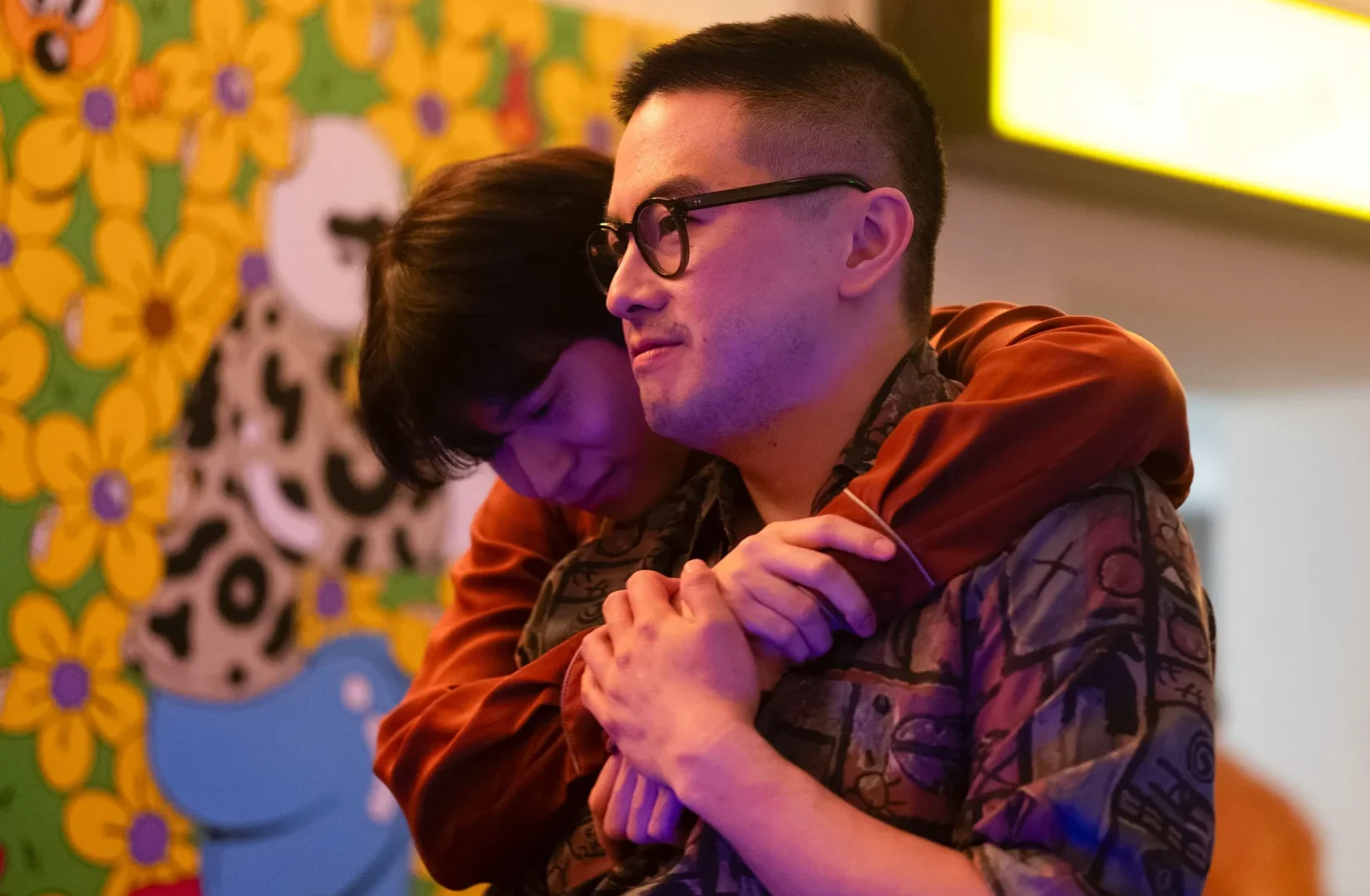
It’s rare to see a big studio comedy (or at least, a film so convincingly posturing as one) subvert so many narrative expectations across its runtime. And while “The Wedding Banquet” fundamentally sticks to the rom-com roots that keep it standing, Ahn’s restraint—the same quality that made “Driveways” such a quiet revelation—enables the characters to shine beyond their capacity for one-liners and clichéd narrative beats. A trailer-ready montage in which the couples scramble to “de-gay” their home before Ja-Young arrives is one example of a potentially lazy joke structure that spends no more time than it needs to to get in a couple of solid gags (“It ties the room together”) before making its way out the back door.
In fact, “The Wedding Banquet,” in its structuring, seems unusually intent on frontloading most of its emotional baggage, in a move that’s largely reserved in this genre for important revelatory second-act conflicts that tend to bog these films down in rote arcs and customary sulking. Instead, Ahn lays it out early on, allowing us to fully invest ourselves in these two couples and their surrounding family, all of whom are given moments to prove their worth. (In that respect, the ladies vastly outpace the men.)
Baggage is a critical component of “The Wedding Banquet,” and the film’s greatest strength lies in distinguishing just how everyone at the table comes with their own distinct variety of emotional issues, without ever coming across as if anyone is merely a vessel to transcribe a single stock problem to the screen. Andrew Ahn’s continued journey towards culturally distinct portraits of modern Asian American experiences may raise him in profile, but the tenderness that has always made his voice one worth hearing abjectly refuses to lower in volume. If we’re going to start getting Ang Lee remakes before we get another Ang Lee film, we could do a hell of a lot worse than this.



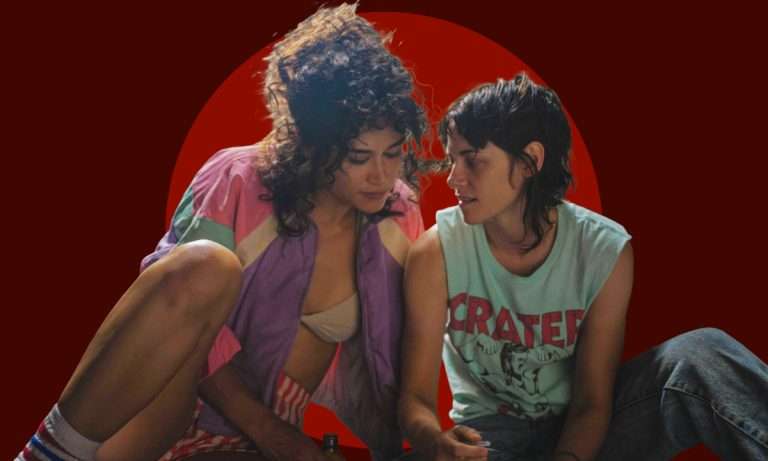
![Salt of the Earth [1954] – A Landmark American Independent Cinema on the Working Class](https://79468c92.delivery.rocketcdn.me/wp-content/uploads/2021/07/Salt-of-the-Earth-1954-768x432.jpg)
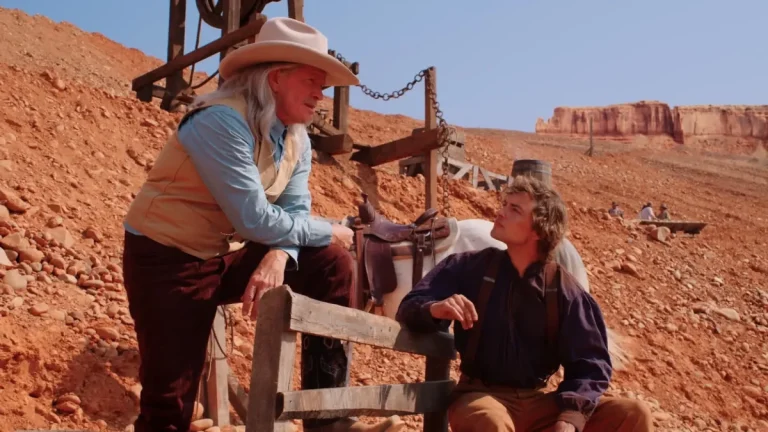
![Sherdil – The Pilibhit Saga [2022] Review – An Entertaining Satire that Succumbs to Pomposity](https://79468c92.delivery.rocketcdn.me/wp-content/uploads/2022/06/Sherdil-The-Pilibhit-Saga-Movie-Review-2-768x431.webp)
![Big Night! [2022]: ‘NYAFF’ Review – A tonally shifty black comedy that rarely confronts its dark subject matter](https://79468c92.delivery.rocketcdn.me/wp-content/uploads/2022/07/BIG-NIGHT-2022-MOVIE-REVIEW-2-768x432.jpg)
